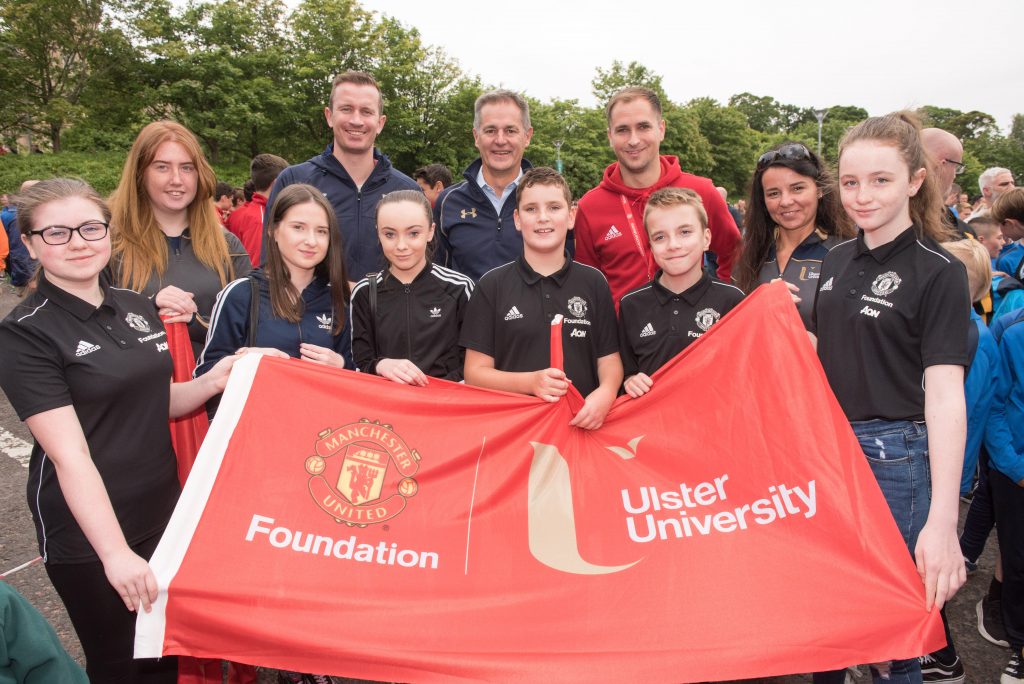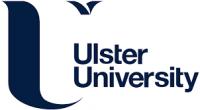International Journalism: Hostile Environment Reporting MA
This new course will equip graduates to report from hostile environments in a safe, informed and innovative way. It was developed in consultation with media organisations, conflict reporters and international security/safety experts/disaster healthcare specialists, all with frontline hostile environment experience. This was supplemented by academic research and critique of the coverage of conflict, terrorism, natural disasters and of state suppression of media and investigative journalists. The University has long and successful experience running an MSc in Disaster Health Management (online/blended), MA Journalism, MSc Disaster Recovery and MFA Photography (online/campus) and expertise from these programmes will also be used for this new course.
The figures are stark for the increasing global danger for journalists. Some 780 journalists have been killed since 2006 (Reporters Sans Frontiers, 2017) with 74 killed alone in 2016. Thus, Ulster University is harnessing its expertise in areas related to conflict to deliver this innovative programme.
This course is underpinned with advanced practical skills on remaining safe and assessing risk that meet the requirements of major media organisations.This element will be taught through a week long field exercise preceding the course by several highly experienced international trainers all with decades of front line experience in Northern Ireland, Iraq, Afghanistan, Mexico and parts of Africa. Even for those opting to complete the course by distance learning, they will have to attend this element in person and it will be delivered the week before the main semester starts.
This hostile environment training course will cover preparation such as country analyses prior to deployment to include geography, history, economics and social structure.This also includes familiarising yourself with cultural etiquette and local area taboos, regional threats and in country communications infrastructure analyses. Water purification and food sourcing and survival tools will also be included. Also preparation such as travel vaccinations, tropical medicine, visas and currencies. It will include a component on emergency first aid and disaster zone healthcare. Other elements will include surviving natural disasters, navigation training, theft avoidance and security of possessions, packing kit, equipment and safety devices. The area of vehicle maintenance and loading, vehicle systematic search and transport considerations.
Once in the hostile environment, it will look at personal and accommodation security and situation awareness and counter surveillance measures. It will look then at the more journalistic elements such a meeting sources, establishing remote source communication, using cover stories, telephone security and negotiating check-points. Mines and weapon awareness will also be covered.
It will then look at more common areas that can become hostile environments such as civil disturbances and riots, crowd dynamics and control. Finally, there will be a session on post-traumatic stress disorder awareness. Each day will also have a reflective session.
The course, however, is not just a hostile environments training and certification programme. It will provide students with a deep theoretical understanding of the key elements that both create hostile environments and critiques of how they have been covered in the past. The School has several staff expert on analysis of conflict and post conflict reporting and investigative journalism, particularly relating to paramilitary groups. Other staff from biomedical science, disaster and austere environment nursing, environmental science and disaster recovery engineering who will give guest lectures on disease, climate change, earthquakes and disaster recovery. Students will select an area of importance to their career or interest and complete a 12,000 word dissertation researching this area. These could be areas of conflict, terrorism, post-conflict, criminal gangs, state suppression, climate change, famine, natural disaster, refugee issues and disease.
This will be coupled with National Council for the Training of Journalists’ accredited modules in news gathering and writing, feature writing, ethics and regulation (UK), media law (UK), online, mobile and broadcast journalism. These more technical modules will also harness the School’s new £6m investment in media facilities and expertise in new areas of production to develop new ways of covering journalistically stories from hostile environments.
Intakes
- Sep
Application Processing Time in Days: 20
Application Process
Minimum English Language Requirements
| English Level Description | IELTS (1.0 -9.0) | TOEFL IBT (0-120) | TOEFL CBT (0-300) | PTE (10-90) | |
|---|---|---|---|---|---|
| Expert | 9 | 120 | 297-300 | 86-90 | |
| Very Good | 8.5 | 115-119 | 280-293 | 83-86 | |
| Very Good | 8 | 110-114 | 270-280 | 79-83 | |
| Good | 7.5 | 102-109 | 253-267 | 73-79 | |
| Good | 7 | 94-101 | 240-253 | 65-73 | |
| Competent | 6.5 | 79-93 | 213-233 | 58-65 | |
| Competent | 6 | 60-78 | 170-210 | 50-58 | |
| Modest | 5.5 | 46-59 | 133-210 | 43-50 | |
| Modest | 5 | 35-45 | 107-133 | 36-43 | |
| Limited | 4 | 32-34 | 97-103 | 30-36 | |
| Extremely Limited | < 4 | < 31 | < 93 | < 30 |
- Course Type: Full Time
- Course Level: Masters/PG Degree
- Duration: 01 Year
-
Total Tuition Fee:
14060 GBP
Annual Cost of Living: 9207 GBP
Application Fee: N/A
Similar Programs
- Planning, Regeneration and Development MSci (Hons) at Ulster University
- Photography (MFA) (eLearning) at Ulster University
- Photography (MFA) MFA at Ulster University
- Peace and Conflict Studies MSc at Ulster University
- Peace and Conflict Studies MSc at Ulster University
- Museum Practice and Management PgDip/MA (eLearning) at Ulster University

